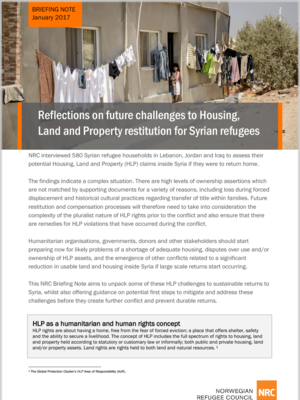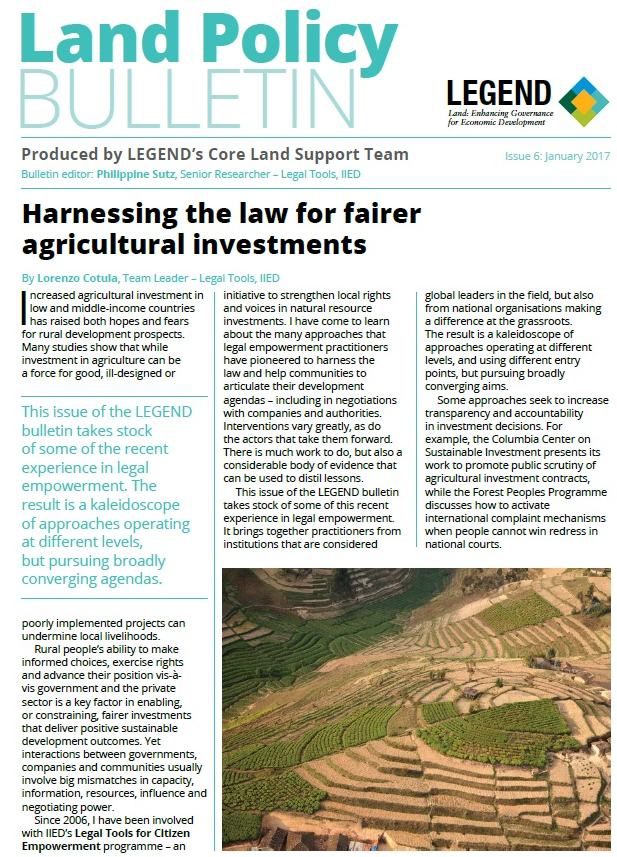Dynamic Intrahousehold Bargaining, Matrimonial Property Law, and Suicide in Canada
Economists who analyze household decisionmaking allocation have traditionally assumed that the household acts as a single unit. They assume that there exists one decisionmaker whose preferences form the basis of household welfare and that all household resources are effectively pooled. This approach is known as the “unitary model,” the “common preference model,” or the “joint family utility model,” depending on the study consulted.












